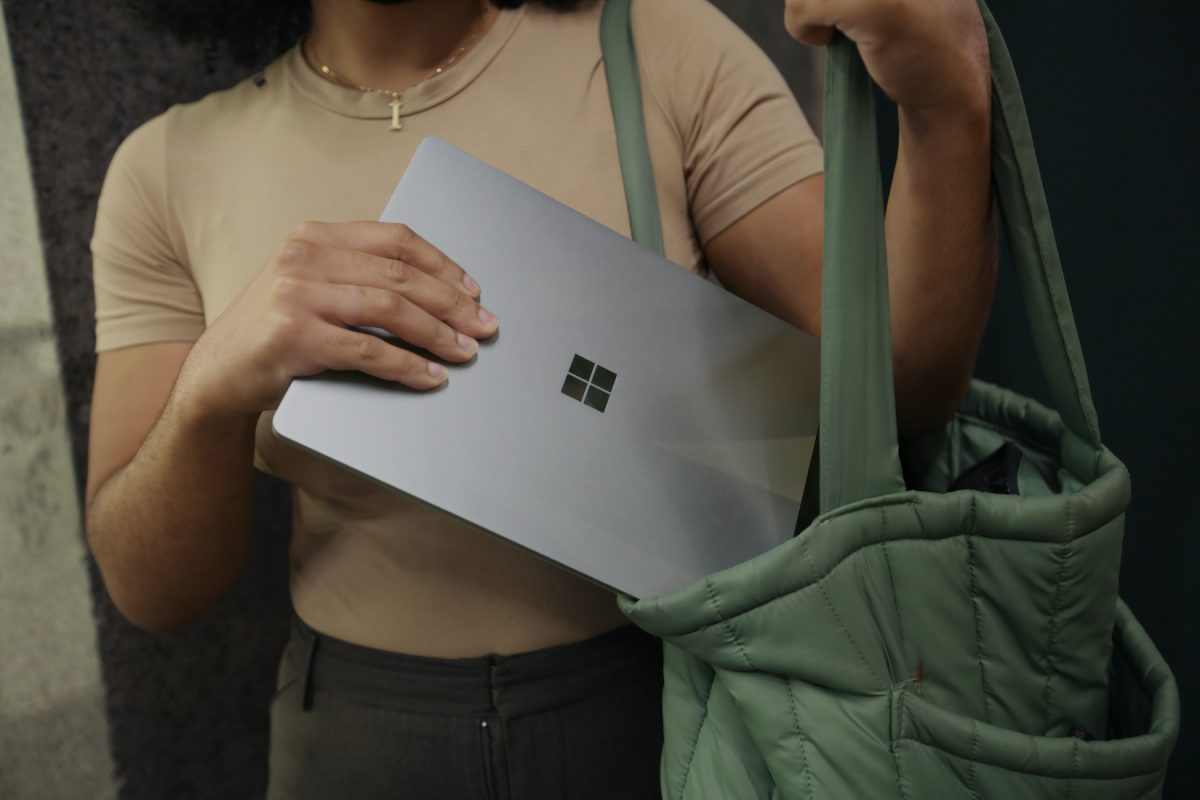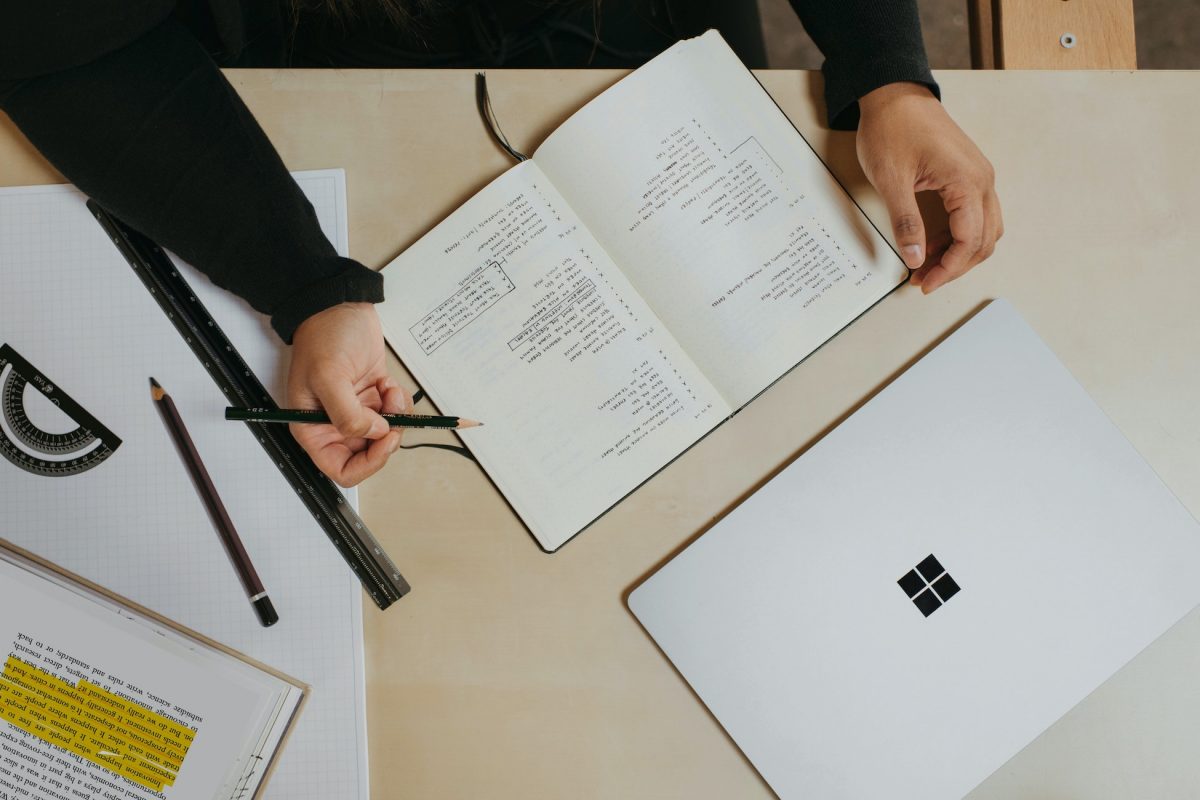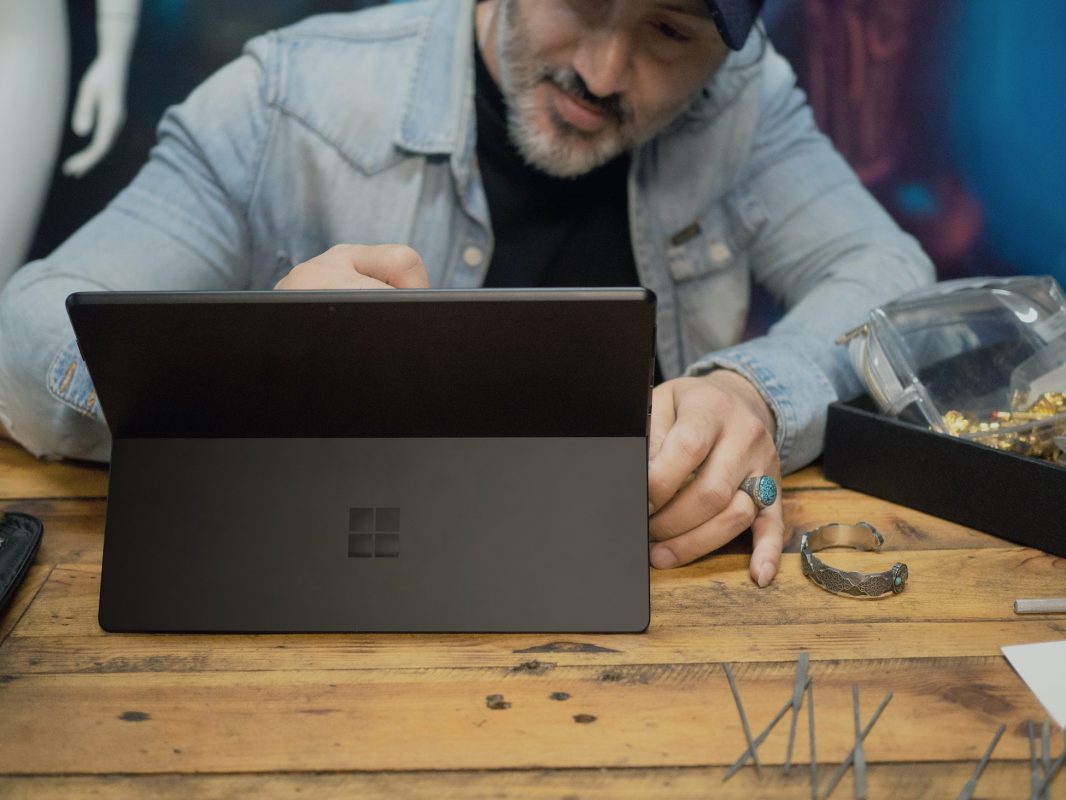Ready to dive into the world of Junior Cash ISAs where saving money isn’t just for the “old and wise” — it’s a trendy way to kickstart financial empowerment from a young age. If you’re a millennial or Gen Z looking to set some serious savings goals for your future (or maybe even helping a younger family member become the next financial whiz), you’re in the right place. Grab your avocado toast and settle in for a deep-dive into the benefits, fees, rates, and other key info about Junior Cash ISAs that might just change the way you think about saving.
Junior Cash ISA: Benefits, Fees, Rates & Key Information Table of Contents
What Exactly Is a Junior Cash ISA?
The Core Benefits of a Junior Cash ISA
The Nitty-Gritty on Fees and Charges
Competitive Interest Rates: What to Expect
How to Compare Junior Cash ISA Providers
Junior Cash ISA vs. Regular Savings Accounts: What’s the Difference?
Tips for Young Savers: Maximizing Your Junior Cash ISA
Parental Guidance: Empowering Your Child’s Financial Future
Common Pitfalls to Avoid with Junior Cash ISAs
Real-Life Success Stories: Case Studies in Junior Cash ISA Success
Resources and Community Support: Your Next Steps
Stepping Into the Future: A Roadmap for Financial Empowerment
Breaking Down the Process: How to Open a Junior Cash ISA
Other Financial Products to Consider Alongside Your Junior Cash ISA
Addressing the FAQs: Your Junior Cash ISA Questions Answered
What Exactly Is a Junior Cash ISA?
Simply put, a Junior Cash ISA is a tax-free savings account specifically designed for children under the age of 18. It’s like the starter pack for financial independence, where every penny you or a trusted adult (usually a parent or guardian) saves goes into a sheltered pot that grows without the tax man knocking at the door. Unlike regular ISAs that only adults can open, Junior Cash ISAs are all about giving youngsters a head start in their financial journey.
The account is managed on behalf of the child until they hit the legal age of 18, at which point it transforms (almost like a financial superhero) into a regular ISA, giving them control over their hard-earned cash and letting them decide how to save, invest, or even splurge responsibly.
What makes it even cooler? The interest earned on the account is completely tax-free! With hundreds of financial products out there, the Junior Cash ISA stands out as an easy-to-understand and accessible saving strategy that instils money-smart habits early on, ensuring that when these young savers come of age, they’re already well on their way to building a secure financial future.
The Core Benefits of a Junior Cash ISA
One of the biggest perks in the financial world is, without a doubt, tax savings. Junior Cash ISAs allow children’s savings to grow free from income and capital gains tax, which means more money stays in the pocket of the future trailblazer. But the benefits go far beyond that:
- Tax-Free Growth: All interest earned is tax free, letting savings accumulate at a faster pace.
- Future Financial Independence: Encourage a savings mindset early by showing kids how small amounts can add up over time.
- No Account Fees: Most Junior Cash ISAs are free to set up and manage, so you won’t find any sneaky fees nibbling away at the balance.
- Flexibility at 18: Once the child turns 18, the account is handed over to them, giving them full control over their savings and the freedom to choose from a range of investment options.
- Secured Against Inflation: Some providers offer competitive interest rates that help the account balance keep pace with inflation, ensuring that the buying power of the savings doesn’t dwindle over time.
With these benefits in play, the Junior Cash ISA isn’t just a savings account—it’s a gateway to building lasting financial habits and a safeguard for future aspirations.
The Nitty-Gritty on Fees and Charges
Let’s talk money—fees, that is. One of the first questions you might ask is, “Are Junior Cash ISAs expensive to maintain?” The short answer: not really! In fact, most providers of Junior Cash ISAs don’t charge any account fees. This means that every bit of interest calculation and every tempting rate check is coming to you, not someone else.
However, it’s still important to read the fine print. Some providers might have charges for transferring accounts or additional services, so it’s always worth comparing their fee structure before making a decision. The good news is that in today’s digital age, comparison tools and financial blogs make it super easy to identify those ISAs that keep fees to an absolute minimum.
Think of it this way: a fee-free Junior Cash ISA is like snagging a limited-edition sneaker drop without paying the premium mark-up. It’s all about getting the best bang for your buck.
Competitive Interest Rates: What to Expect
Now that we’ve talked about the benefits and the minimal fees, let’s chat about those interest rates. In a Junior Cash ISA, the interest rate is a key factor because it determines how quickly a small pot of savings can snowball over the years.
While interest rates on Junior Cash ISAs generally aren’t sky-high, they compete well in today’s low-interest environment. Rates can vary depending on the provider and the economic climate, but many accounts are designed to be competitive enough to ensure that your savings grow steadily over time, without the volatility of the stock market.
You might find rates advertised as fixed for a set period, which means that your interest rate stays constant regardless of market fluctuations. Alternatively, some accounts offer variable rates that could rise or fall with changes in the base rate, which adds a little extra excitement to the saving game (if you’re into that sort of thing).
When comparing interest rates, consider the term length, how interest is calculated, and any bonus offers from providers that might boost your savings in the early stages. Ultimately, your goal is to ensure that your money is working as hard as you are in building a secure financial future.
How to Compare Junior Cash ISA Providers
If you’ve ever been lost browsing through endless tabs online trying to find the best deal on a new phone plan, you know the struggle. When it comes to Junior Cash ISA providers, there are a few factors to keep in mind to ensure you’re getting the best deal for your future mini-millionaire.
- Interest Rates: Compare both fixed and variable interest rates and pay attention to any introductory offers that might give you a head start.
- Account Fees: Look for providers that offer free account management and low or no hidden charges.
- Accessibility and Customer Service: Check whether the provider offers a user-friendly online platform or app, and read reviews to see how they handle customer queries.
- Flexibility of Terms: Some accounts may come with restrictions or penalties if you make withdrawals before the child reaches 18, so be clear on any conditions.
- Bonus Incentives: Occasionally, providers offer extra perks such as bonus interest rates for the first few months or cash rewards for meeting saving milestones.
Armed with these criteria, you’re now on your way to navigating the financial maze like a pro. And hey, with a little bit of research, your Junior Cash ISA could be as legendary as those viral TikTok videos you love watching.
Junior Cash ISA vs. Regular Savings Accounts: What’s the Difference?
It’s natural to wonder how a Junior Cash ISA stacks up against a regular savings account. Both options offer ways to save money, but the Junior Cash ISA comes with some distinct and appealing advantages, especially for future savers under 18.
A regular savings account typically involves paying tax on the interest earned, whereas the Junior Cash ISA is a tax-free bubble where any growth is solely yours to enjoy. Additionally, while regular savings accounts can be accessed at any time, a Junior Cash ISA locks the funds until the child reaches 18, ensuring that the money isn’t accidentally spent on impulse buys or trendy gadgets. This “lock-and-load” feature is like having a financial guardian angel watching over those savings.
That said, there are benefits to both. Regular savings accounts often offer greater liquidity and may have more flexible withdrawal terms. But if your goal is to nurture long-term savings with tax benefits and to encourage disciplined saving habits, the Junior Cash ISA is a smart tool in the financial toolkit.
Tips for Young Savers: Maximizing Your Junior Cash ISA
Whether you’re a parent opening an account for your child or a young person preparing to manage your own funds in the near future, here are some tips to get the most out of a Junior Cash ISA:
- Start Early: The earlier you start saving, the more time you give interest to work its magic through the power of compounding.
- Make Regular Contributions: Even small, consistent deposits can add up over time. Treat saving like your favorite streaming subscription—you don’t skip a month, right?
- Encourage Financial Literacy: Use the ISA as a launchpad to teach kids about budgeting, saving, and even the basics of investing. Financial education is the best gift you can give.
- Keep an Eye on Interest Rates: Although the money is safely locked away until 18, knowing how your funds are growing can be a great motivator to continue adding to your savings.
- Review Your Account Regularly: As market conditions evolve, periodically check if your Junior Cash ISA still offers competitive rates or if it’s time to explore better alternatives.
By adopting these strategies, you or the young saver in your life will not only build a robust savings habit but also develop the financial savvy that’s needed to navigate an increasingly complex economic landscape.
Parental Guidance: Empowering Your Child’s Financial Future
For parents and guardians, opening a Junior Cash ISA is about more than just saving money—it’s about laying the groundwork for responsible financial behavior. It’s an opportunity to engage in conversations about the value of money, budgeting, and long-term planning.
Rather than seeing the account as a mere financial product, think of it as a collaborative project between you and your child. Involving your little ones in setting savings goals, tracking progress, and celebrating milestones can instil a sense of ownership and pride.
And while it might not be as flashy as the latest smartphone drop, nurturing a habit of saving from a young age is a gift that keeps on giving for a lifetime. Ultimately, the Junior Cash ISA is a stepping stone to financial empowerment, one that transforms complex financial jargon into relatable, everyday actions.
Common Pitfalls to Avoid with Junior Cash ISAs
Even in the brightest financial products, there are a few pitfalls to avoid. One typical trap is assuming that all Junior Cash ISAs are created equal. It’s important to do your homework—compare providers, understand the terms, and ensure the interest rates are competitive. Don’t get seduced by a flashy advertisement without checking the fine print.
Another pitfall is the temptation to use the account as an emergency fund. Remember, these savings are meant to grow over time for long-term benefits, and accessing them prematurely (or even accidentally) can undermine the whole idea. While it’s easy to compare this to the urge of checking social media every minute, discipline is key.
Lastly, be cautious of overestimating the potential returns. While the tax-free benefit is a huge plus, Junior Cash ISAs typically offer modest interest rates when compared to riskier, but potentially higher-yield, investment vehicles. Balancing optimism with realistic expectations will serve you well in the long run.
Real-Life Success Stories: Case Studies in Junior Cash ISA Success
Let’s add a personal touch to the conversation. Here are a few inspiring case studies that illustrate how Junior Cash ISAs have transformed the financial futures of young savers:
Case Study 1: The Early Bird Gets the Compound Interest
Alice’s parents opened a Junior Cash ISA for her when she was just five years old. By setting up automatic monthly contributions and keeping a close eye on the interest rates offered by their chosen bank, they managed to create a financial reservoir that compounded dramatically over the years. When Alice turned 18, she was not only financially independent but also well-informed about managing her own money—a testament to starting early and letting compounding work its magic.
Case Study 2: A Lesson in Financial Discipline
Meet Ben—a teenager with a penchant for video games and fast fashion. His parents decided to channel his spending habits into something more productive by opening a Junior Cash ISA. Over time, Ben learned the importance of saving rather than splurging on every trendy release. With the account steadily growing and a bit of tech-savvy budgeting on his part, he soon discovered that patience and consistency can lead to impressive financial rewards.
Case Study 3: Transforming Pocket Money into a Future Fortune
For many families, a Junior Cash ISA isn’t just a bank product; it’s a family project. The Robinsons turned their weekly pocket money into regular contributions to a Junior Cash ISA for their daughter, Emma. Over the span of a decade, small deposits, combined with the power of tax-free interest, built up a substantial savings pool. Emma’s journey from a curious child to a savvy young adult reflects how consistent saving habits, nurtured from an early age, can lead to a financially secure future.
These stories are not just feel-good narratives; they underscore the importance of discipline, early planning, and smart financial choices in shaping a prosperous future.
Resources and Community Support: Your Next Steps
Embarking on the journey of understanding and leveraging Junior Cash ISAs doesn’t have to be a lonely road. There’s an entire community of financial advisors, savings clubs, blogs, and social media influencers ready to share tips and experiences. Here are a few steps to help you take action:
- Engage With Financial Blogs and Podcasts: There are countless blogs and podcasts aimed at demystifying ISA-related jargon. Follow a few that resonate with you to get regular updates, comparisons, and expert opinions.
- Join Online Communities: Platforms like Reddit, Facebook, and Twitter have dedicated groups for financial discussions where you can ask questions, share breakthroughs, and celebrate savings victories.
- Consult a Financial Advisor: If you need personalized advice on opening and managing a Junior Cash ISA, don’t hesitate to speak to a financial advisor who specializes in youth and family finance.
- Attend Webinars and Workshops: Many financial institutions offer free webinars that dive deep into the nuances of Junior Cash ISAs and other saving and investing topics.
- Download Comparison Tools: Use online tools to compare interest rates, fees, and other features across different providers. These tools can help you make an informed decision in a snap.
Embracing these resources not only boosts your financial know-how but also connects you with like-minded peers who are all about creating a financially secure future, one pound at a time.
Stepping Into the Future: A Roadmap for Financial Empowerment
Junior Cash ISAs aren’t just about stashing cash away—they’re a stepping stone to cultivating long-term financial responsibility. Think of this account as your very own financial launchpad, one that helps build the confidence needed to tackle more complex financial instruments down the line.
By understanding the key benefits, keeping an eye on interest rates, and avoiding common pitfalls, you create a robust financial ecosystem that nurtures smart spending and disciplined saving habits from a young age. Whether you’re managing your own funds someday or guiding a child through the early stages of financial literacy, every deposit counts.
With a solid Junior Cash ISA in place, you or your young one gains the invaluable experience of watching money grow over time—an experience that transforms saving from a mundane chore into a journey of empowerment and potential.
So, what’s next? Start the conversation with family, research providers, and keep that long-term vision in focus. Every financial decision, every monthly deposit, and every interest accumulation is a nod to a better, more secure future.
Breaking Down the Process: How to Open a Junior Cash ISA
Opening a Junior Cash ISA is a lot simpler than you might think. The process is straightforward and designed to be stress-free, whether you’re a parent ready to secure your child’s future or a responsible teen preparing to manage your growing funds. Here’s a quick, step-by-step guide:
- Research Providers: Start by comparing a few banks or building societies that offer Junior Cash ISAs. Evaluate their interest rates, fee structures, and customer service reviews.
- Gather the Necessary Documents: Generally, you’ll need identification for your child, proof of address, and other basic financial documentation.
- Complete the Application: Most institutions now offer online applications that are quick and user-friendly. Fill in the required details and confirm that you understand the terms and conditions.
- Fund the Account: Set up an initial deposit and, if possible, arrange for regular contributions to keep the account growing steadily.
- Monitor and Manage: Once the account is active, keep track of the interest earned and any changes to the terms. Many providers offer mobile apps or online dashboards for easy management.
And just like that, you’re on your way to building a strong financial foundation for the future. Remember, while the mechanics may seem technical at first, the underlying goal is simple: secure, tax-free savings that pave the way for lifelong financial savvy.
Other Financial Products to Consider Alongside Your Junior Cash ISA
While the Junior Cash ISA is a brilliant tool in the savings arsenal, it’s always wise to think of it as one piece of the financial puzzle. As you (or your child) grow financially, you might want to consider other complementary savings or investment vehicles.
For example, a Lifetime ISA (LISA) is available for those aged between 18 and 39 and supports both saving and investing in the long term. LISAs, like Junior Cash ISAs, offer the added benefit of government bonuses, making them an attractive option for millennials looking to save for a first home or retirement.
There are also simple high-yield savings accounts that offer liquidity and flexibility for short-term goals. Balancing these with a tax-free Junior Cash ISA can provide a diversified approach to saving, ensuring that you’re never caught off guard by unexpected expenses or changing financial circumstances.
The key takeaway here is that while the Junior Cash ISA is a fantastic starting point, exploring additional products and maintaining an adaptive strategy can produce a well-rounded financial future that’s as dynamic and flexible as your lifestyle.
Addressing the FAQs: Your Junior Cash ISA Questions Answered
We understand that diving into financial products can feel like decoding an ancient language, so here are some frequently asked questions (and their answers) to help clear up any lingering confusion.
1. Who is eligible for a Junior Cash ISA?
A Junior Cash ISA is available to any child under the age of 18. Only a parent or legal guardian can open the account on behalf of the child until they reach 18.
2. Is the interest earned on a Junior Cash ISA truly tax-free?
Yes, one of the primary benefits of a Junior Cash ISA is that all the interest earned is tax-free, helping your savings grow without any deductions.
3. Can the money in a Junior Cash ISA be accessed before the child turns 18?
No, the funds in a Junior Cash ISA are generally locked away until the child reaches 18 to ensure that the money is saved for future use. There are few exceptions, so it’s best to treat the account as a long-term savings vehicle.
4. Are there any account management fees?
Most Junior Cash ISAs come with no account management fees, but it’s important to check the fine print as some providers may charge for additional services or transfers.
5. How are the interest rates determined?
Interest rates on Junior Cash ISAs are determined by the provider and can be either fixed or variable. Fixed rates remain constant for a set period, while variable rates may fluctuate based on market conditions.
6. What happens to the Junior Cash ISA when the child turns 18?
Once the child turns 18, the Junior Cash ISA automatically converts into a standard ISA, granting the new adult full control over the account and the ability to choose from a range of investment opportunities.
7. Can parents make additional contributions over time?
Yes, most providers allow for regular contributions, making it possible to add funds regularly and boost the growth of the account. Setting up automatic contributions is a smart way to ensure consistency.
8. Is there a limit to how much can be saved in a Junior Cash ISA?
While there is an annual contribution limit, the overall balance can grow well beyond that limit thanks to the power of tax-free compounding interest.
9. What if I want to switch providers for a better rate?
Switching providers is possible, but it’s important to follow the correct procedure to avoid any disruption in the account’s benefits. Always review the transfer process and any potential fees.
10. Where can I learn more about Junior Cash ISAs?
There are numerous financial blogs, government websites, and forums dedicated to helping parents and young savers navigate the world of Junior Cash ISAs. Do your research and consult a financial advisor if needed.
Your Journey to Financial Empowerment Starts Here
The road to financial empowerment may seem long and winding, but a Junior Cash ISA is one powerful tool on that journey. With tax-free growth, competitive interest rates, and the ability to build a solid savings foundation from a young age, this product is tailor-made for families that want to instill healthy money habits in their children.
By choosing a Junior Cash ISA, you’re laying the groundwork for a future where financial decisions are made confidently and wisely. Whether you’re a parent eager to give your child a head start or a young person anticipating the day you take control of your finances, every contribution is a step toward financial freedom.
Embrace this opportunity to nurture smart saving habits, take advantage of resourceful tools and community support, and watch as a small pot of savings blossoms into a secure financial future. Remember, the journey of a thousand pounds begins with that very first deposit.
Step into your financial future with open eyes and a determined spirit—the path is yours to create, and every smart decision you make today is an investment in a brighter tomorrow.













